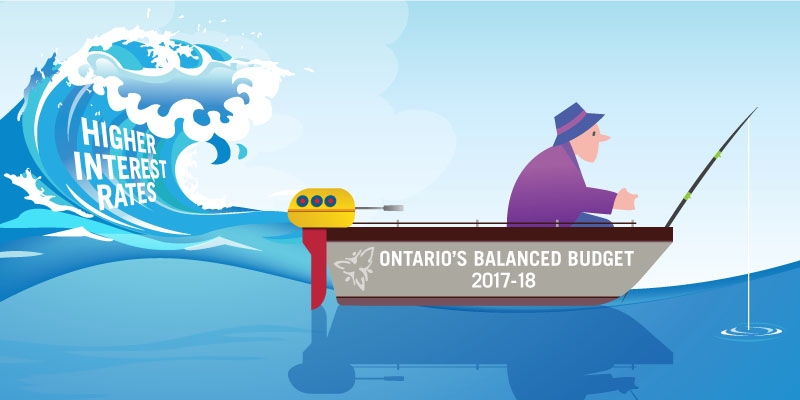
Jean-François Wen
Jean-François Wen is a Professor of Economics and a Research Fellow at the School of Public Policy at the University of Calgary. He has published articles in leading journals on the effects of taxation and social insurance programs on economic performance and income inequality. He is a co-author of the textbook Public Finance in Canada and has served as a consultant for the World Bank and the International Monetary Fund concerning policy reforms in various countries. Most recently, he co-authored a report on tax reform in Gabon that served as the basis of a workshop with government officials and privatesector representatives held last year in Libreville.
Professor Wen was previously a faculty member of the School of Business and Economics at Wilfrid Laurier University and an economist at the Bank of Canada. He has a Ph.D. from Queens University and holds the Chartered Financial Analyst (CFA) designation.



